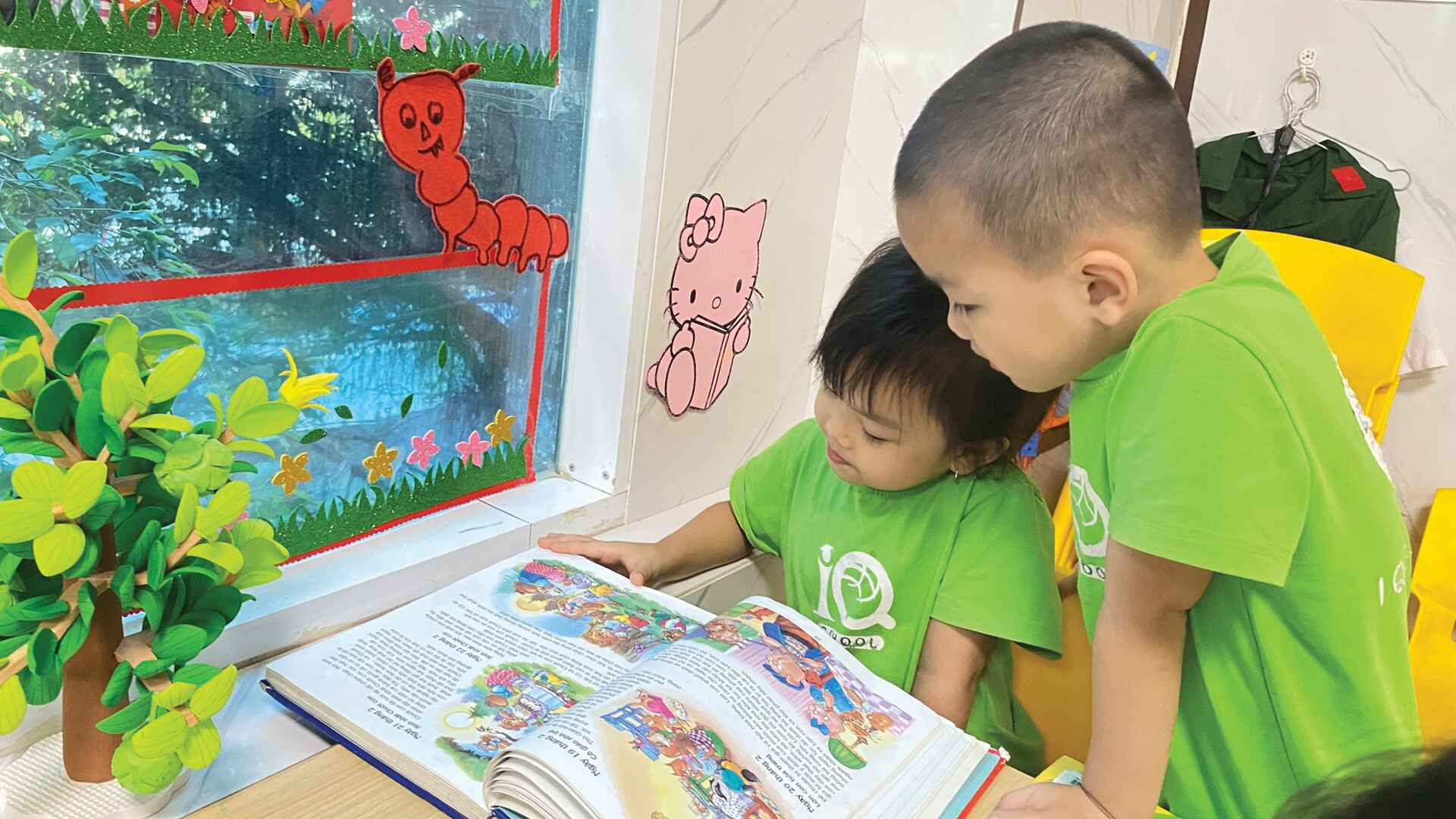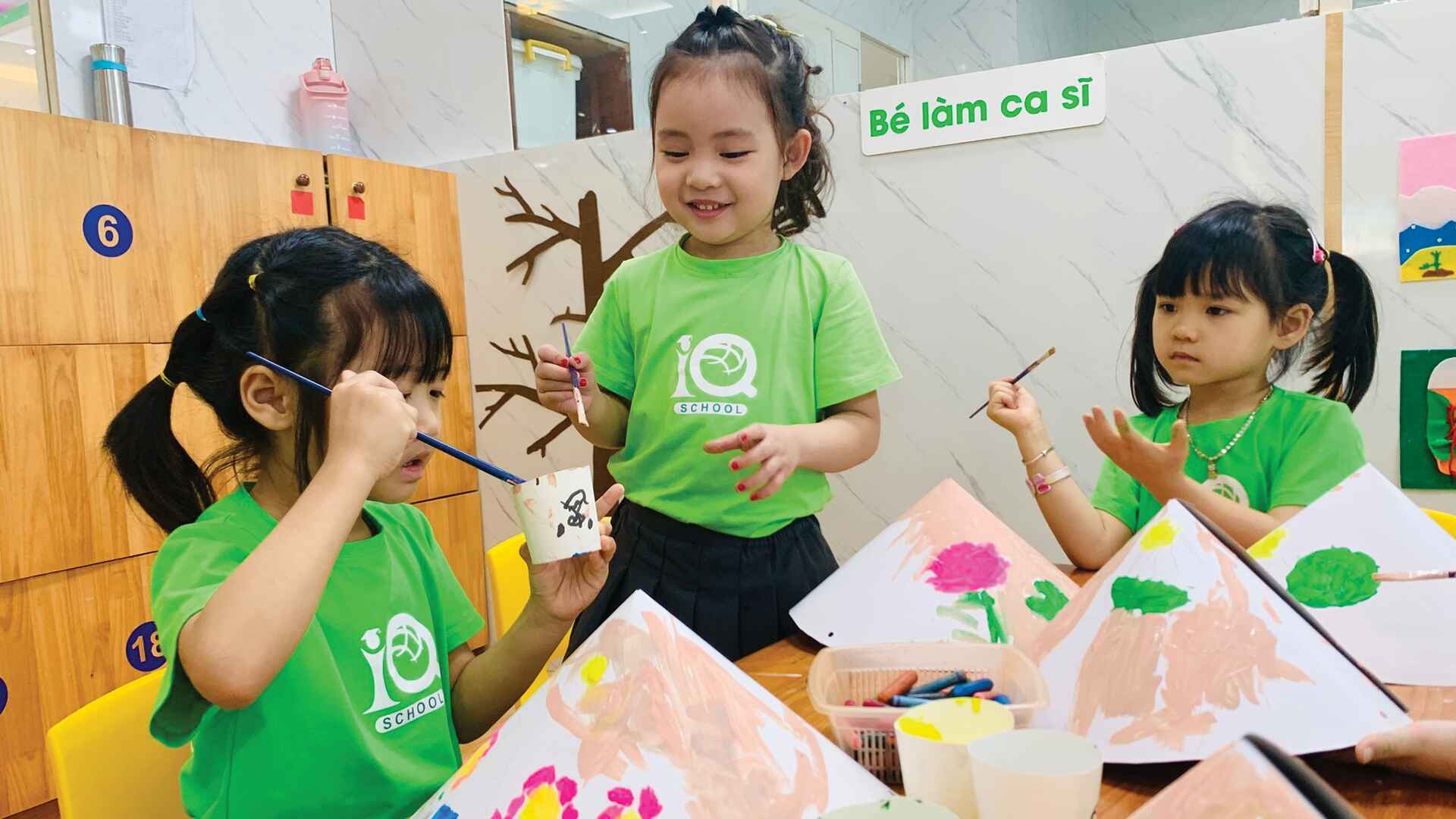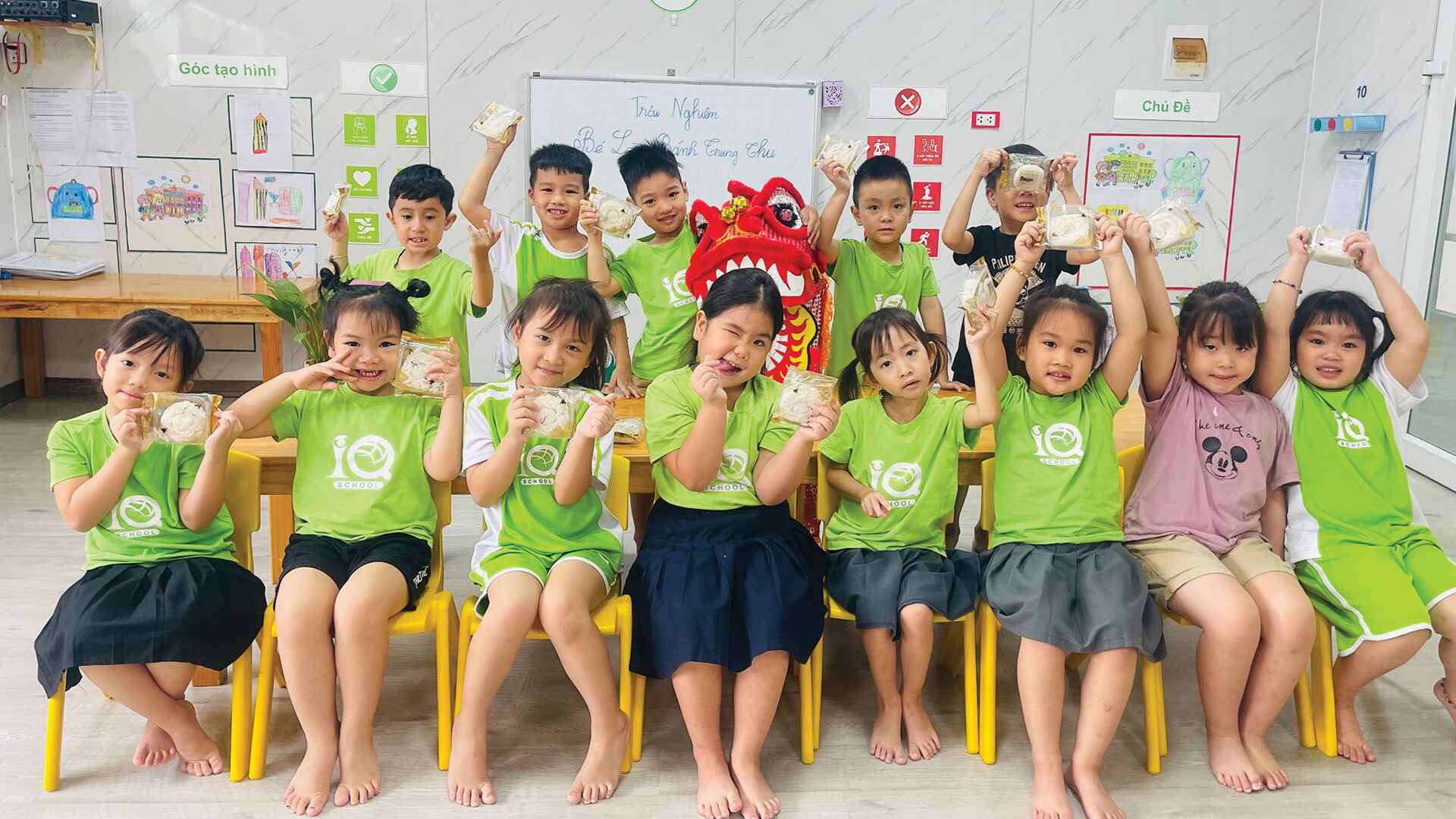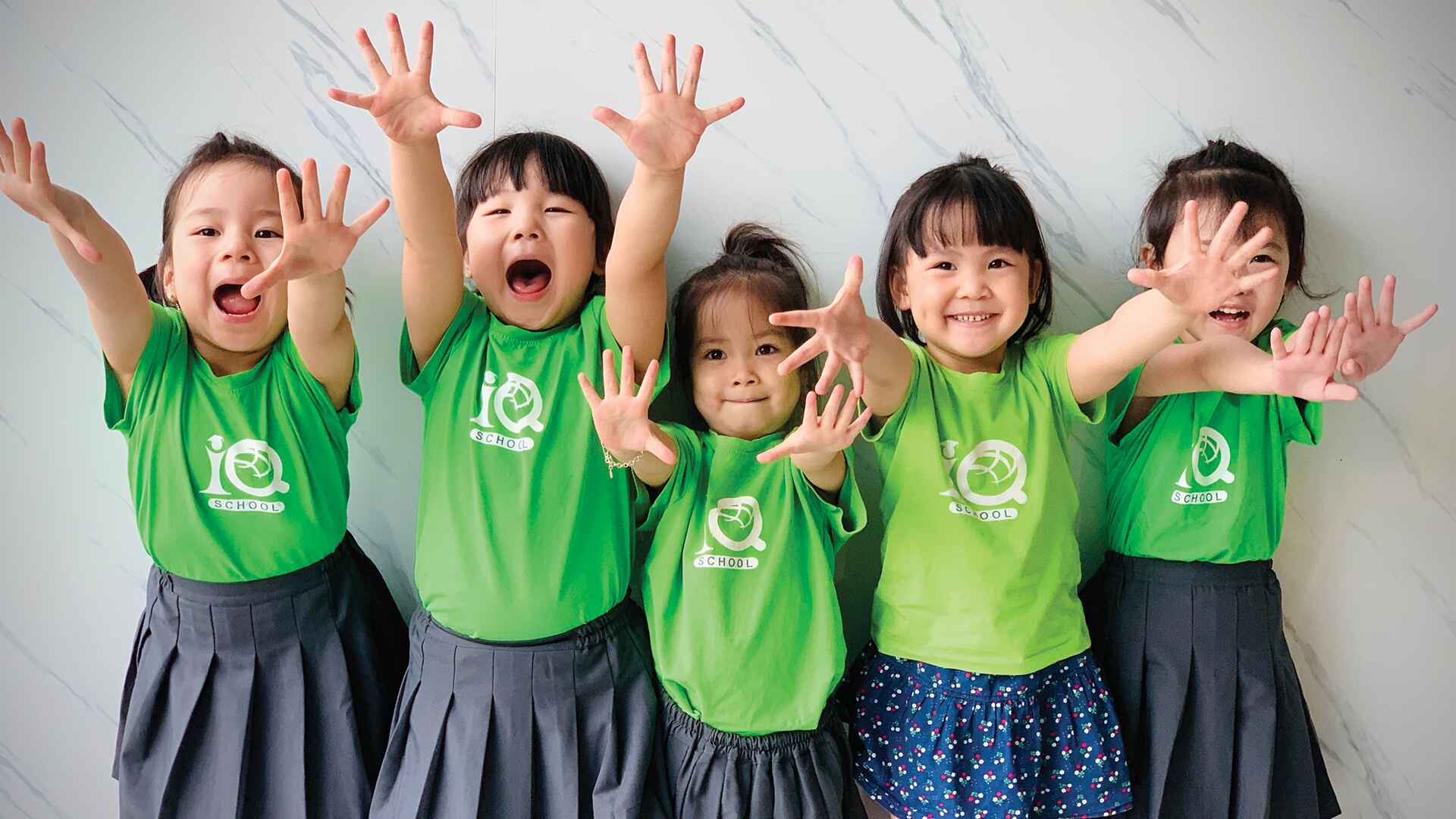Important Developmental Milestones for Preschoolers (3-4 Years Old)
22 November, 2024Preschool is an important milestone in a child’s development. Understanding the physical, cognitive, linguistic, emotional and social changes of children during this stage will help parents accompany and support their children in the best way. Below are typical developmental milestones for 3-4 year olds. Parents should note that each child will develop at their own pace and should not compare their child with other children:
- Physical development:
3 year olds:
- Gross motor skills: Walking on tiptoes, standing on one leg, riding a tricycle, catching a ball.
- Fine motor skills: Stacking 6-9 blocks, drawing simple shapes, holding small objects.
- Height: Increased by about 8cm compared to last year.
4 year olds:
- Gross motor skills: Running fast, hopping, skipping, throwing balls, playing swings by themselves.
- Fine motor skills: Drawing symbolic pictures, using scissors, dressing themselves shirt, likes tying shoelaces, writing letters.
- Emotions: Lively, easily angered when playing.
- Social and emotional development:
3-year-olds:
- Likes pretend play, begins to learn to share.
- Needs clear and consistent rules.
- Emotions surge strongly but also pass quickly.
4-year-olds:
- Rich imagination, may have imaginary friends.
- Likes playing with friends, learns to wait their turn and share.
- Likes pretending, wants to be “boss”, “boss lady”.
- Needs to feel important and useful.
- Likes to be praised.
- Intellectual development (thinking and language):
3-year-olds:
- Know how to exchange needs, opinions and questions.
- More focused, participate in group activities.
- Learn through practice and experience.
4-year-olds:
- Talk a lot, ask many questions “why”, “how”.
- Use rich vocabulary, including nonsense words and slang.
- Know how to reason and debate.
- Understand basic concepts about numbers, sizes, colors, time…
- Suitable activities:
3-year-old children:
- Movement: Climbing, running, cycling.
- Playing with blocks, assembly toys.
- Dressing themselves, helping with simple housework.
- Learning to count, reading stories, singing, dancing.
- Drawing, coloring.
4-year-old children:
- Exercising outdoors, playing balancing games.
- Classifying objects, telling stories, creating art.
- Visiting, exploring (zoos, museums…).
- Playing with toys, acting, planting trees.
- Playing physical games, intellectual games intelligence.
Parents should create an environment that stimulates their children’s development by:
- Providing age-appropriate toys and books.
- Spending time playing with your children, talking, reading, and telling stories.
- Encouraging your children to participate in activities and social interactions.
- Observing, listening, and respecting your children’s individual development.




